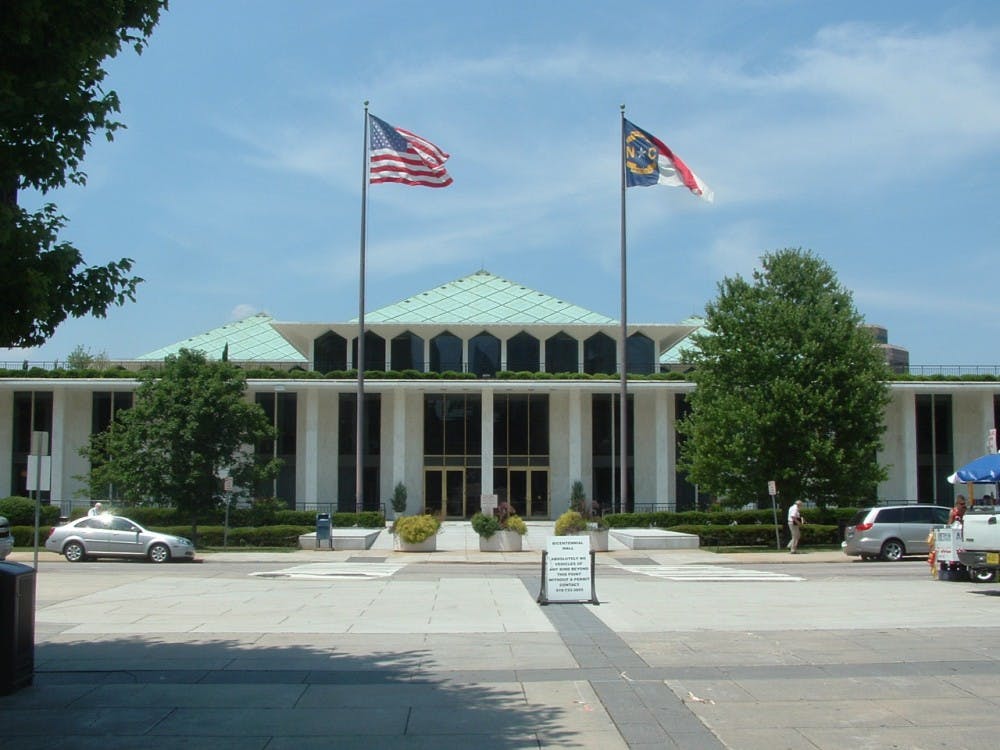A quarter of millennials have not heard of the Holocaust, and nearly 50 percent of Americans cannot name a concentration camp. Only 10 states mandate Holocaust and genocide education, but North Carolina could become the 11th.
House Bill 437 was first filed on March 21 in the N.C. House of Representatives. The bill passed its first reading on March 25 and was then referred to the Committee of K-12 Education.
The bill is similar to U.S. House Resolution 943, known as the Never Again Education Act, which was proposed in the U.S. House of Representatives in January. The resolution asks “to authorize the Secretary of Education to award grants to eligible entities to carry out educational programs about the Holocaust, and for other purposes.”
The first primary sponsor of the HB 437 was N.C. Rep. Linda P. Johnson, R-District 82. All four primary sponsors of the bill are Republican, but the bill has sponsors from both sides of the political aisle.
The first section of the bill states it should be known as the Gizella Abramson Holocaust Education Act, in homage to Holocaust survivor and former teacher Gizella Gross Abramson.
After surviving a concentration camp during World War II, Abramson immigrated to the U.S., residing in Brooklyn before relocating to Raleigh in 1970. From 1973 until her death in 2011, she toured the state, speaking to students about her experiences during World War II. Abramson was also a charter member of the North Carolina Council on the Holocaust, an organization now chaired by her son, Michael Abramson.
“She was essentially the Elie Wiesel of North Carolina,” Michael Abramson said about his mother, referring to renowned Jewish author and activist.
The second section of the bill states students should have the “fundamental understanding of geography, history, and political systems necessary to make informed choices on issues that affect individuals, communities, states, and nations.”
Sharon Halperin, the director of the Center for Holocaust, Genocide and Human Rights Education of North Carolina and daughter of two Holocaust survivors, agreed that teaching accurate information about the Holocaust can teach relevant lessons to current students.



